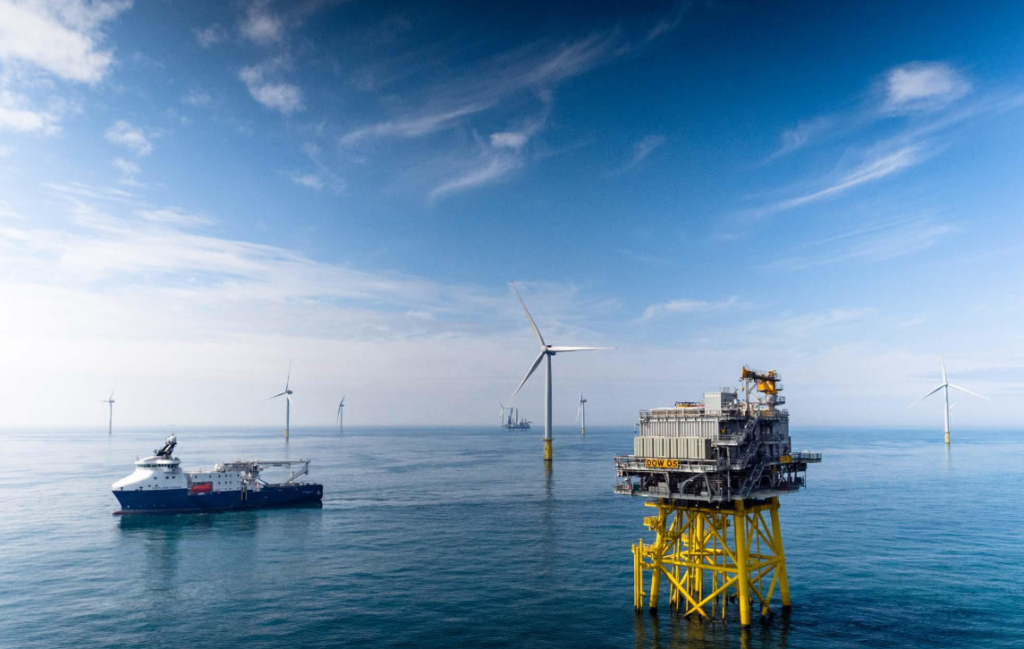
Almost half of senior bosses in the fossil fuels industry “believe gas and renewables are competing against each other”, according to a major new survey.
DNV GL’s 10th annual oil and gas industry outlook has been published, a survey of more than 1,000 industry leaders from 78 countries.
Despite most forecasts predicting oil and gas will still play a crucial role in the world’s energy mix by 2050, 48% of the survey’s respondents consider gas and renewables to be in competition.
UK and West Africa regional manager, Hari Vamadevan said he views that as a “mistake”.
Meanwhile the DNV GL report states the industry needs to exploit synergies between both, not choose between gas and renewables, to resolve the “energy conundrum”.
Mr Vamadevan argued the volatility of sources like offshore wind and solar, whose output vary depending on weather conditions, means a “partnership” with gas is the ideal scenario.
He said: “The energy system is used to having a constant supply and a volatile demand.
“When you have renewable, you have to accept that’s a more volatile supply. That’s a very unusual energy system because that’s a volatile supply and a volatile demand.
“That’s a difficult energy system to manage and therefore you need some options for constant supply. Some will tell you nuclear is the answer, but also gas.”
Mr Vamadevan said gas “has the ability to quickly switch up to meet that demand” whenever there is a dip due to volatility with wind or solar.
An earlier energy outlook report published last year by the quality assurance firm predicted oil and gas will still account for 46% of the world’s energy mix by 2050 – down from 54% presently.
Mr Vamadevan added the caveat that “all energy competes on price”, referencing the phase out of coal in the UK which was “not just because of UK Government policy, but fundamentally because it is cheap and plentiful”.
The DNV GL outlook report states that the majority of oil and gas firms plan to increase or maintain decarbonisation spending this year.
Mr Vamadevan said that, in order to be taken seriously, firms must look at both reducing emissions offshore and “in the pipeline” as well as diversifying their portfolios with renewable energy.
Recommended for you

